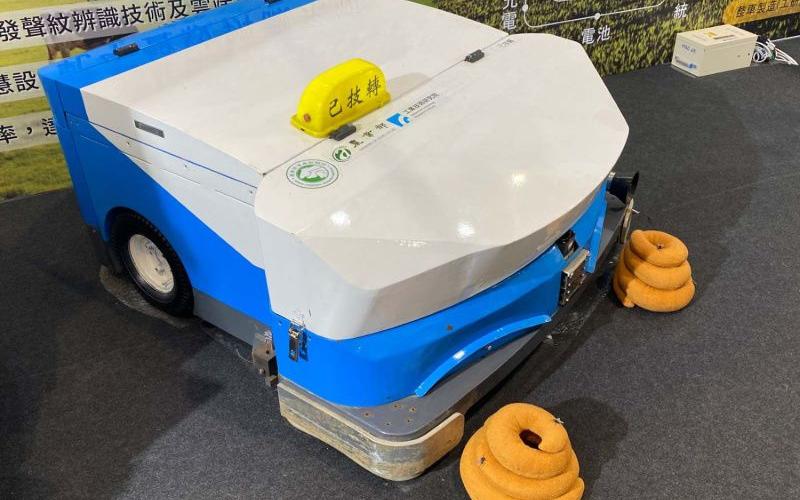Taiwan's ITRI Innovates to Support Mid-Sized Dairy Farms
Sourse: www.taiwannews.com.tw
The Industrial Technology Research Institute (ITRI) in Taiwan has introduced automated solutions to address labor shortages and improve dairy farming efficiency in Tainan's Liuying District.

TAIPEI (Taiwan News) — The Industrial Technology Research Institute has developed various automated devices to help improve dairy operations and ease labor shortages in Tainan's Liuying District. The district, which was once Taiwan's largest dairy farming region, now hosts around 50 farms maintaining between 8,000 and 10,000 cows due to industrial transformation and the retirement of older farmers. Challenges such as labor costs are significant, as noted by Hsieh Tsung-lin, head of Ba-lao-ye Dairy Farm.
To mitigate this, technologies such as a feed-pushing robot have been embraced, allowing remote barn monitoring via smartphone. ITRI highlights that current imported equipment is often oversized for Taiwanese needs. Therefore, they have developed an electric feeding machine, which combines feed dispensing and pushing with self-charging abilities, feasible for increasing feeding schedules and boosting milk production by 30%. Another innovation, a manure-cleaning robot with intelligent navigation, helps maintain barn hygiene while avoiding obstacles. These locally developed machines cost about half as much as imports and promise easier maintenance, attracting domestic adoption.
To mitigate this, technologies such as a feed-pushing robot have been embraced, allowing remote barn monitoring via smartphone. ITRI highlights that current imported equipment is often oversized for Taiwanese needs. Therefore, they have developed an electric feeding machine, which combines feed dispensing and pushing with self-charging abilities, feasible for increasing feeding schedules and boosting milk production by 30%. Another innovation, a manure-cleaning robot with intelligent navigation, helps maintain barn hygiene while avoiding obstacles. These locally developed machines cost about half as much as imports and promise easier maintenance, attracting domestic adoption.









